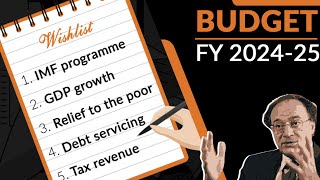The International Monetary Fund on Tuesday offered extra funding to governments which face balance of payments shortfalls due to increased trade liberalisation, hoping to revive stalled farm talks.
The IMF said the Trade Integration Mechanism (TIM) was not a new lending facility but would provide additional funding to countries under existing IMF programmes which have been hit by changes in trade policies by other countries.
"The TIM is designed to mitigate concerns among some developing countries that their balance of payments positions could suffer, albeit temporarily, as multilateral liberalisation changes their competitive position in world markets," the IMF said.
Hans Peter Lankes, who heads the IMF's trade policy division, said the IMF had developed the mechanism because of concerns by smaller countries about the value to them of the Doha round of trade talks, which are currently stalled over differences between rich and poor nations on agriculture.
He said there have also been worries about the phasing out of quotas in textile trade at the end of 2004 under the Uruguay Round and the effects of cuts in agricultural subsidies.
The fund had identified 29 possible low income candidates and 18 others that could be eligible for the TIM, he said.
"We here at the fund believe that in the vast majority of cases, countries have very little to fear; but there is a minority of countries where the effects may be larger," Lankes said.
He said these countries would need to adjust policies and could now request help under the TIM.
The TIM money would not cover balance of payments needs but would be made available to central banks to soften the impacts of lower exports as their governments adjust to the changes, he said.
"It is the purpose of the Trade Integration Mechanism ... to provide added assurances to countries that the IMF will support them both in identifying the nature and the size of these shocks and when necessary through financial assistance to help strengthen their balance of payments," Lankes said.
BR100
7,989
Increased By
410.8 (5.42%)
BR30
25,633
Increased By
1415.1 (5.84%)
KSE100
76,208
Increased By
3410.7 (4.69%)
KSE30
24,438
Increased By
1225 (5.28%)





















Comments
Comments are closed.